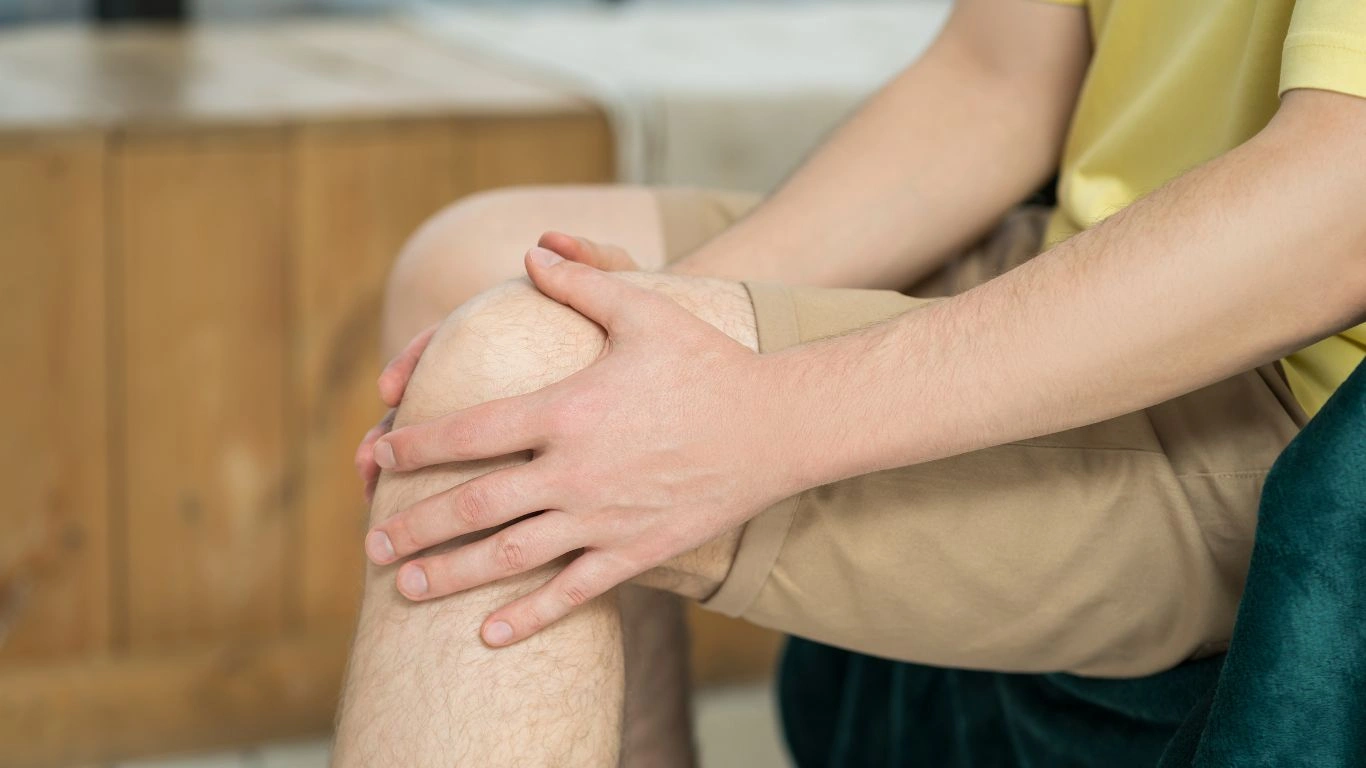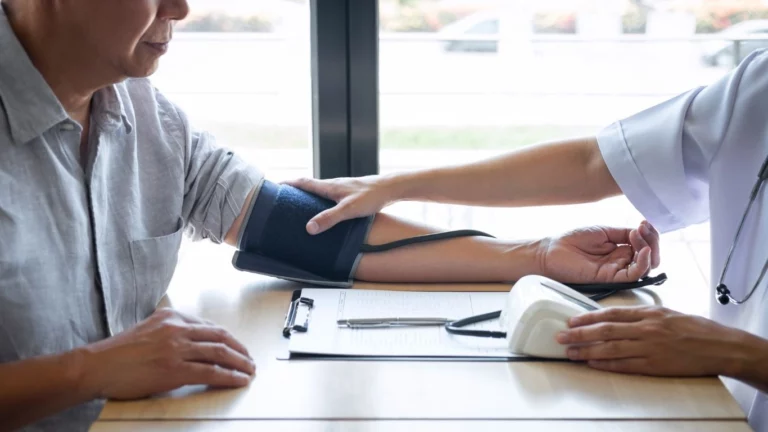Rheumatoid Arthritis and the Importance of Hydration – How Staying Hydrated Can Help Manage Symptoms
Living with rheumatoid arthritis (RA) can be a real challenge, but did you know that staying hydrated plays a huge role in managing symptoms? Let’s dive into why hydration is so important for those with RA and how it can help ease discomfort and improve your overall health.
If you’re managing rheumatoid arthritis (RA), you’ve probably already heard a lot about medications, exercise, and dietary changes. But there’s another important aspect that often gets overlooked: hydration. Water is essential to your body’s normal function, and when it comes to RA, staying hydrated can actually make a big difference in how you feel every day.
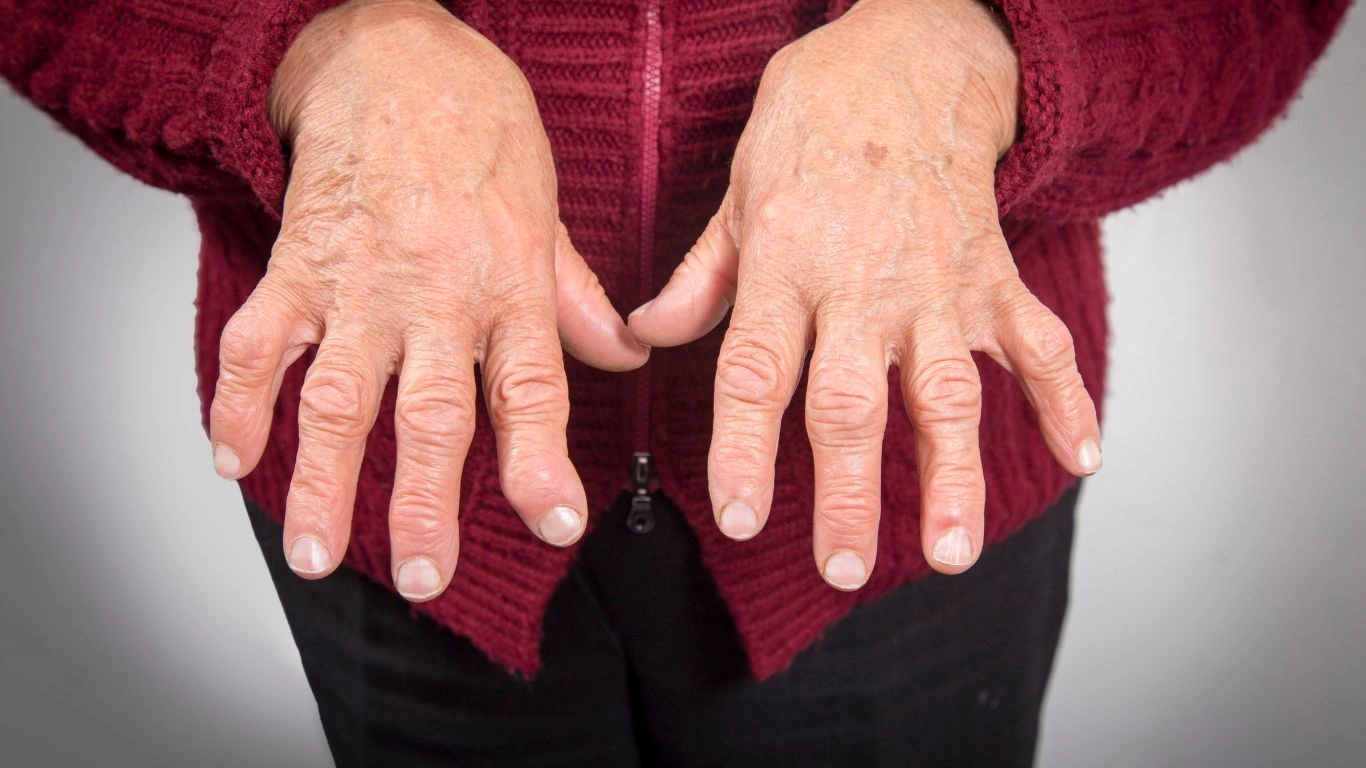
Why Hydration Matters for Rheumatoid Arthritis
Hydration is about more than just quenching your thirst; it’s a critical element in maintaining healthy bodily functions. For people with RA, keeping your body well-hydrated can ease inflammation and promote joint mobility. RA can cause your joints to become inflamed, which leads to pain and stiffness. When you’re dehydrated, your body might not be able to flush out toxins as effectively, and it can worsen this inflammation. Water helps to keep the synovial fluid in your joints lubricated, reducing friction and discomfort. This means less strain on your joints and less pain during movement.
The Impact of Dehydration on RA Symptoms
Dehydration can make RA symptoms worse. Here’s why:
- Increased Inflammation – When you’re not getting enough water, your body may struggle to remove waste products, which can increase inflammation. This directly impacts your joints, making them more painful and swollen.
- Stiffness – Dehydration can cause stiffness, especially in the joints. When your body lacks fluids, it can reduce the ability of your muscles to contract and relax properly. This leads to more stiffness, particularly in the morning.
- Reduced Flexibility – Without enough water, your muscles, ligaments, and tendons lose some of their flexibility, which can make it harder to move around freely.
- Fatigue – Dehydration can also contribute to fatigue, which is already a common issue for people with RA. Staying hydrated helps maintain your energy levels, making it easier to get through the day.
How Much Water Should You Drink?
Okay, so we know hydration is key, but how much water should you really be drinking each day? The amount of water you need varies based on several factors, including your age, activity level, and climate. However, the general recommendation for adults is around 8 cups (64 ounces) of water per day.
If you have RA, you might need a bit more, especially if you’re experiencing increased inflammation or swelling. A good rule of thumb is to aim for at least 8-10 cups of water daily. This ensures that your joints stay well-lubricated and that your body can function optimally.
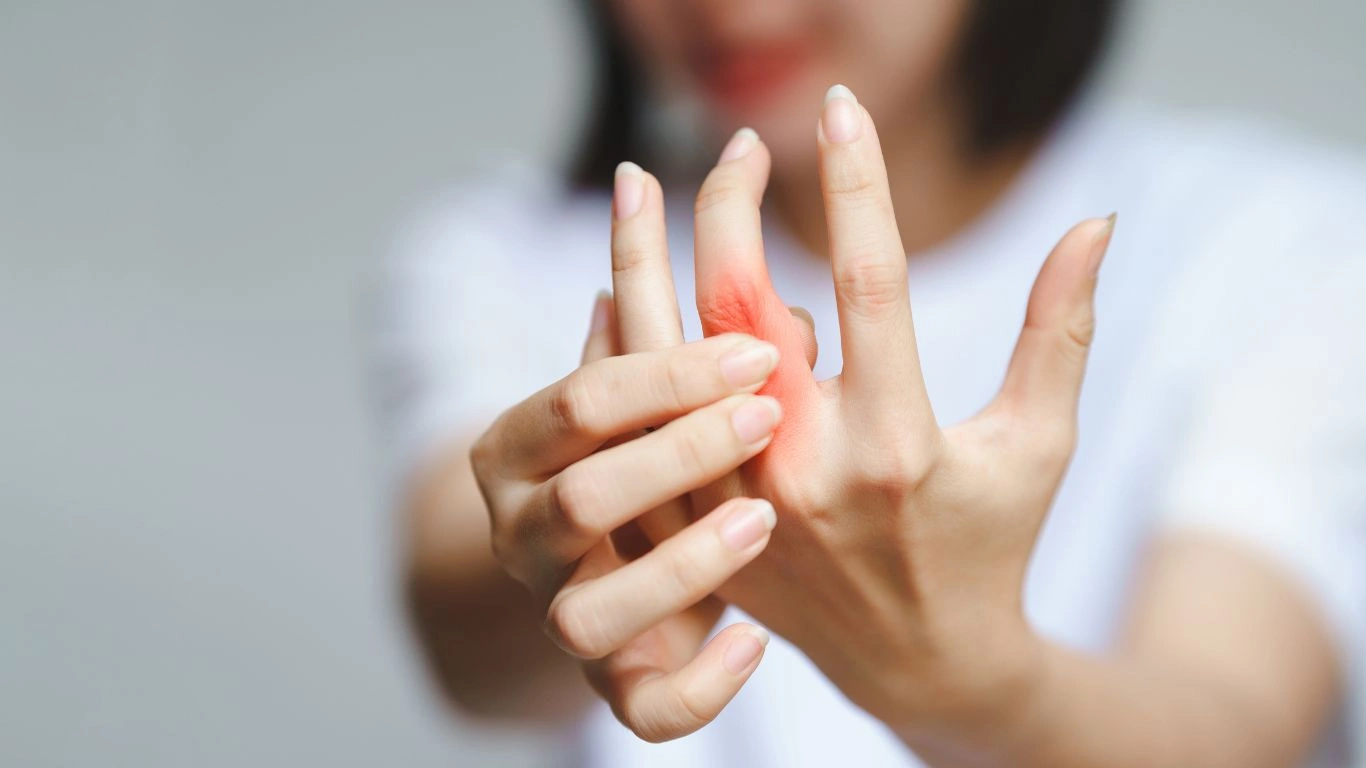
Tips for Staying Hydrated with Rheumatoid Arthritis
Staying hydrated doesn’t have to be a chore. Here are some simple tips to help you stay on top of your hydration game:
- 1. Drink Water Consistently Throughout the Day
Rather than chugging a large glass of water all at once, try sipping water consistently throughout the day. Carrying a water bottle with you is an easy way to remind yourself to drink regularly. - 2. Infuse Your Water with Flavor
If plain water feels boring, try infusing it with fruits, vegetables, or herbs like cucumber, lemon, or mint. This adds flavor without adding sugar or calories. - 3. Drink Herbal Teas
Herbal teas are a great way to hydrate and soothe inflammation at the same time. Ginger and turmeric teas, in particular, are known for their anti-inflammatory properties and can be beneficial for those with RA.
- 1. Drink Water Consistently Throughout the Day

- 4. Eat Water-Rich Foods
In addition to drinking water, you can also hydrate by eating foods with high water content. Foods like watermelon, cucumbers, strawberries, and oranges are great options to help keep your body hydrated. - 5. Limit Caffeine and Alcohol
Both caffeine and alcohol can be dehydrating, so try to limit your intake. If you do drink coffee or alcoholic beverages, balance them with plenty of water. - 6. Pay Attention to Your Body
Listen to your body’s signals. If you’re feeling thirsty, it’s already a sign that you’re dehydrated. Don’t wait for thirst to kick in—drink water regularly to stay ahead of dehydration.
Additional Benefits of Hydration for RA
Beyond joint health, hydration plays a role in supporting overall wellness. It can help regulate body temperature, improve digestion, support kidney function, and boost your mood. When you stay hydrated, you’re giving your body the best chance to fight off inflammation and maintain a healthy balance.
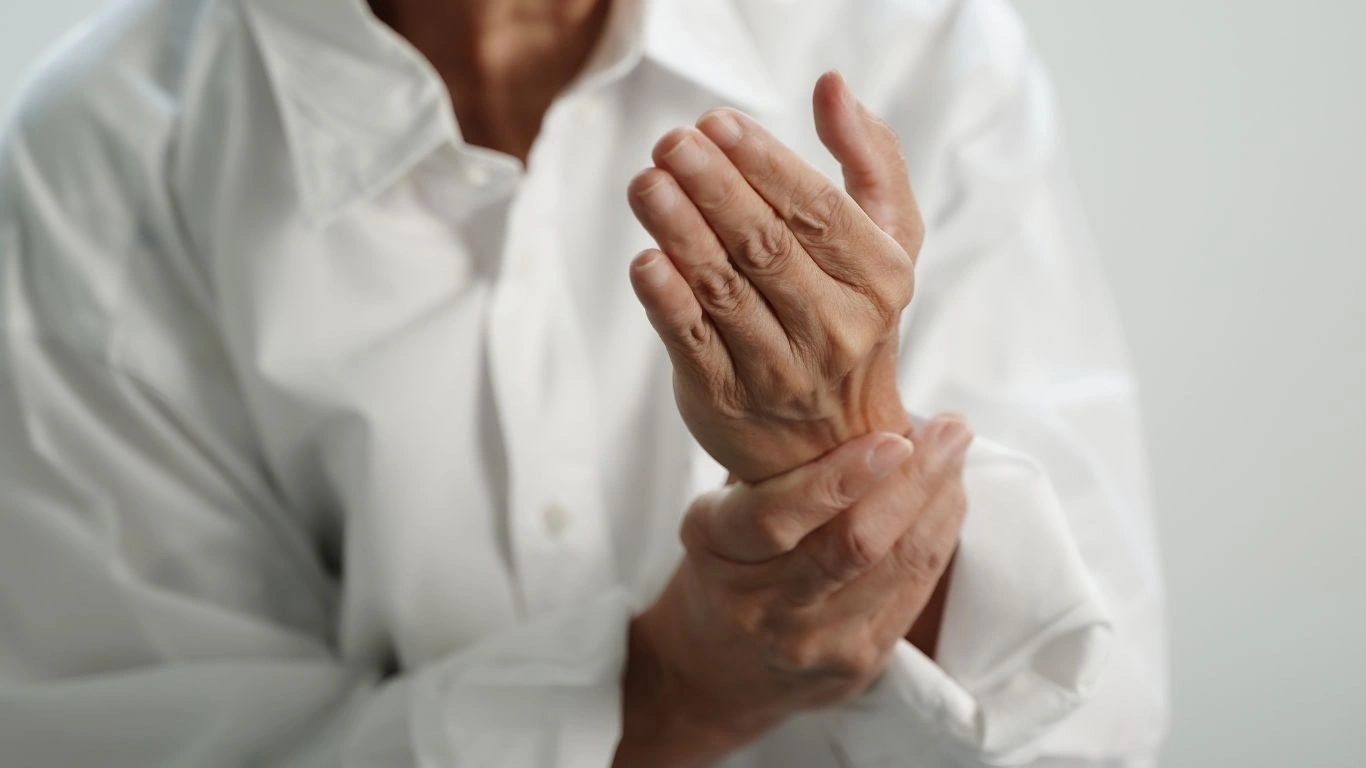
Can Hydration Replace Medication for RA?
Hydration is a vital part of managing RA, but it’s not a replacement for medication or other medical treatments. While drinking enough water can help reduce some symptoms, it’s important to follow your doctor’s advice when it comes to managing RA with medications, physical therapy, and other treatments.
Conclusion
Staying hydrated is a simple yet powerful tool in managing rheumatoid arthritis. From easing inflammation to maintaining joint lubrication, water plays a significant role in improving your quality of life. By staying on top of your hydration needs and incorporating water-rich foods and beverages into your daily routine, you can help manage RA symptoms and keep your body functioning at its best.
If you’re living with rheumatoid arthritis, make hydration a priority. Your joints—and your body—will thank you!
Appendices
FAQs
- How does hydration help with inflammation in RA?
Staying hydrated helps flush out toxins from your body, which can reduce the overall inflammation that affects your joints in RA. Proper hydration also ensures that your joints stay lubricated, easing stiffness and pain. - Can I drink other liquids to stay hydrated besides water?
Yes! Herbal teas, broths, and water-rich fruits and vegetables all contribute to your daily fluid intake. Just be cautious with sugary drinks, as they can negatively impact inflammation. - How can I tell if I’m dehydrated?
Common signs of dehydration include dry mouth, dark yellow urine, headaches, dizziness, and fatigue. If you notice these symptoms, try to drink more water throughout the day. - Should I drink more water if I’m having a flare-up?
Yes, if you’re experiencing a flare-up of RA symptoms, staying hydrated is especially important. Fluids help reduce inflammation and keep your joints lubricated, so try to increase your water intake during these times. - Can dehydration worsen my RA symptoms?
Yes, dehydration can worsen RA symptoms by increasing joint stiffness, swelling, and fatigue. Drinking enough water helps to keep your body balanced and can alleviate some of these symptoms.
References
- American College of Rheumatology. (2023). Hydration and Joint Health: The Role of Water in Rheumatoid Arthritis Management. ACR Journal.
- National Institute of Arthritis and Musculoskeletal and Skin Diseases. (2024). Rheumatoid Arthritis: Diet and Lifestyle Tips. NIAMS Report.
- Smith, R. & Williams, S. (2022). Managing Chronic Inflammation with Proper Hydration. Journal of Arthritis Care, 29(3), 112-120.
Disclaimer
The information provided in this article is for educational purposes only and does not substitute for professional medical advice. Always consult with your healthcare provider for personalized recommendations regarding your rheumatoid arthritis treatment and hydration needs.

Tarra Nugroho is a dedicated Nurse Practitioner with a strong foundation in family and preventive care. She brings both compassion and clinical expertise to her practice, focusing on patient-centered care and health education. As a contributor to Healthusias.com, Tarra translates medical knowledge into clear, empowering articles on topics like women’s health, chronic disease management, and lifestyle medicine. Her mission is simple: help people feel seen, heard, and informed—both in the clinic and through the content she creates. When she’s not caring for patients, Tarra enjoys weekend hikes, plant-based cooking, and curling up with a good health podcast.

